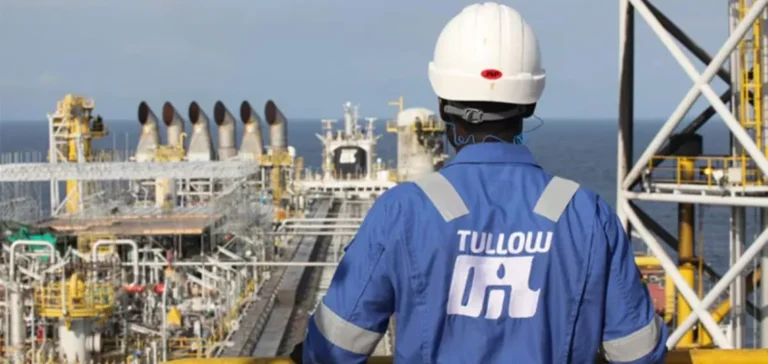The independent oil and gas exploration and production group Tullow announced the completion of the sale of its operations in Gabon for $300mn, followed by the signing of an agreement to divest its Kenyan subsidiary for at least $120mn. These transactions represent a key step in the company’s strategy to refocus its portfolio, with debt reduction at the heart of its priorities for the year.
Portfolio optimisation and restart in Ghana
At the same time, Tullow brought the Jubilee J72-P well in Ghana back onstream, the first of two planned wells on this field for 2025. This well delivered a better-than-expected net pay, while the acquisition of 4D seismic data and the planning of an Ocean Bottom Node (OBN) survey are expected to enhance reservoir management. A memorandum of understanding has been signed to extend the Jubilee and TEN production licences until 2040, with a commitment to increase gas supply to around 130 mn standard cubic feet per day (mmscf/d) and the introduction of a reimbursement mechanism for gas sales.
Oil and gas production in the first half reached 50,000 barrels of oil equivalent per day (kboepd), of which 40,600 kboepd excluding Gabon. Revenue totalled $524mn, compared to $759mn in the same period last year, with an average realised price after hedging of $69.0 per barrel. Net result was a loss of $61mn, and net debt stood at $1.6bn at the end of June, representing a ratio of 1.9 times EBITDAX.
Debt reduction and cost control
Following the Gabon asset sale, Tullow repaid and cancelled a $150mn revolving credit facility, using part of the proceeds to further reduce its debt. The company aims to bring its net debt level below $1bn and its gearing ratio under 1x in the short term. For the full year, production guidance is set between 40,000 and 45,000 kboepd, with planned capital and decommissioning expenditures of $185mn and $20mn respectively.
Tullow expects to reduce general and administrative expenses to $40mn for 2025, targeting savings of $50mn over three years. Free cash flow for the year is projected to reach $300mn, in a context marked by fiscal calendars and scheduled maintenance, notably on the Jubilee field.
The group benefited from a decision by the International Chamber of Commerce Tribunal confirming that Branch Profit Remittance Tax (BPRT) does not apply to its operations in Ghana, thus removing a potential $320mn payment. This clarification strengthens cash flow visibility as the company continues the sale process in Kenya and works to maximise the value of its Ghanaian assets.






















